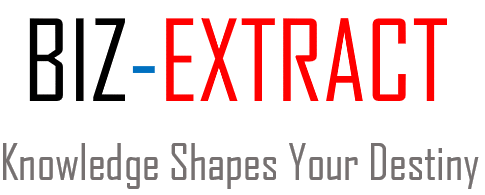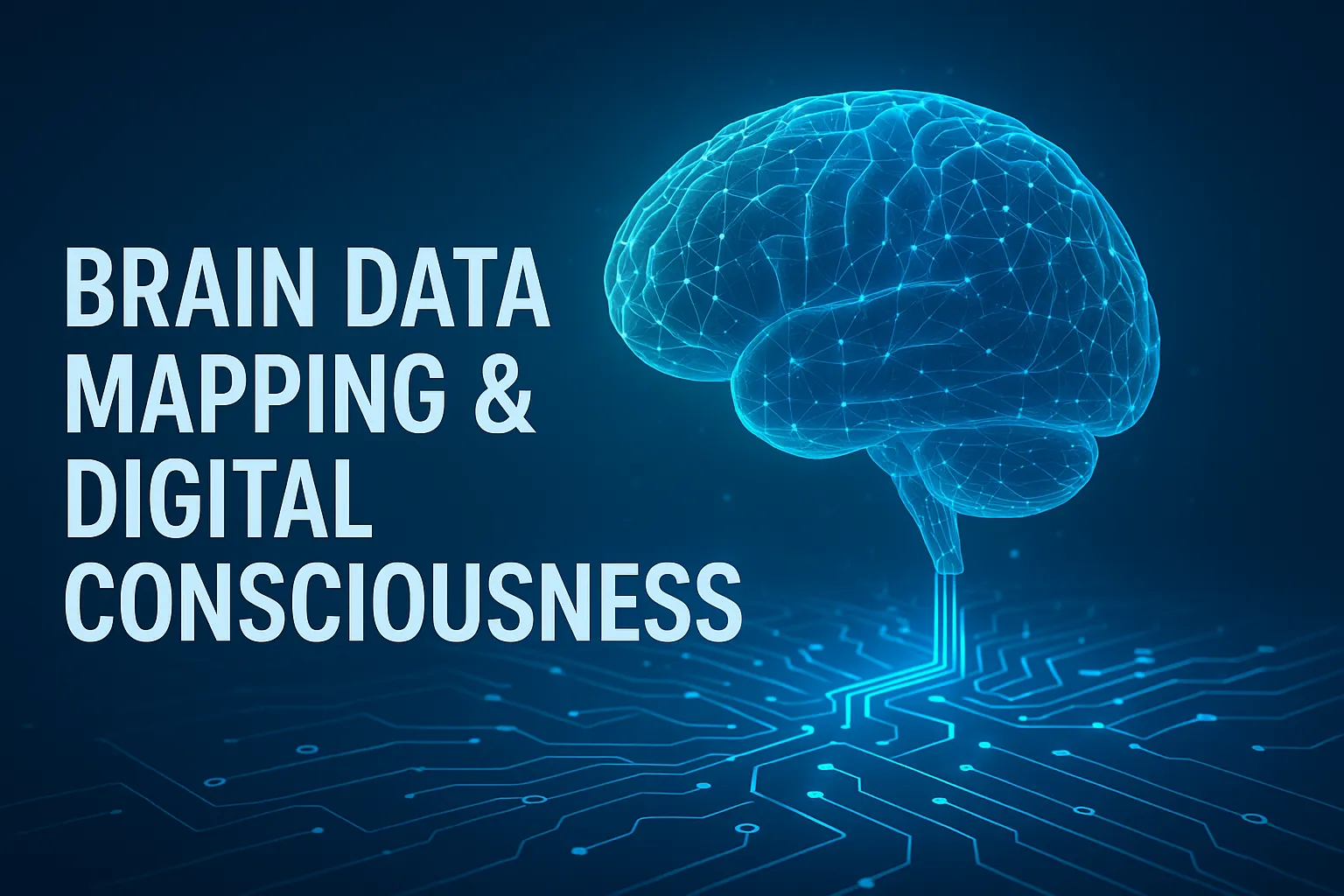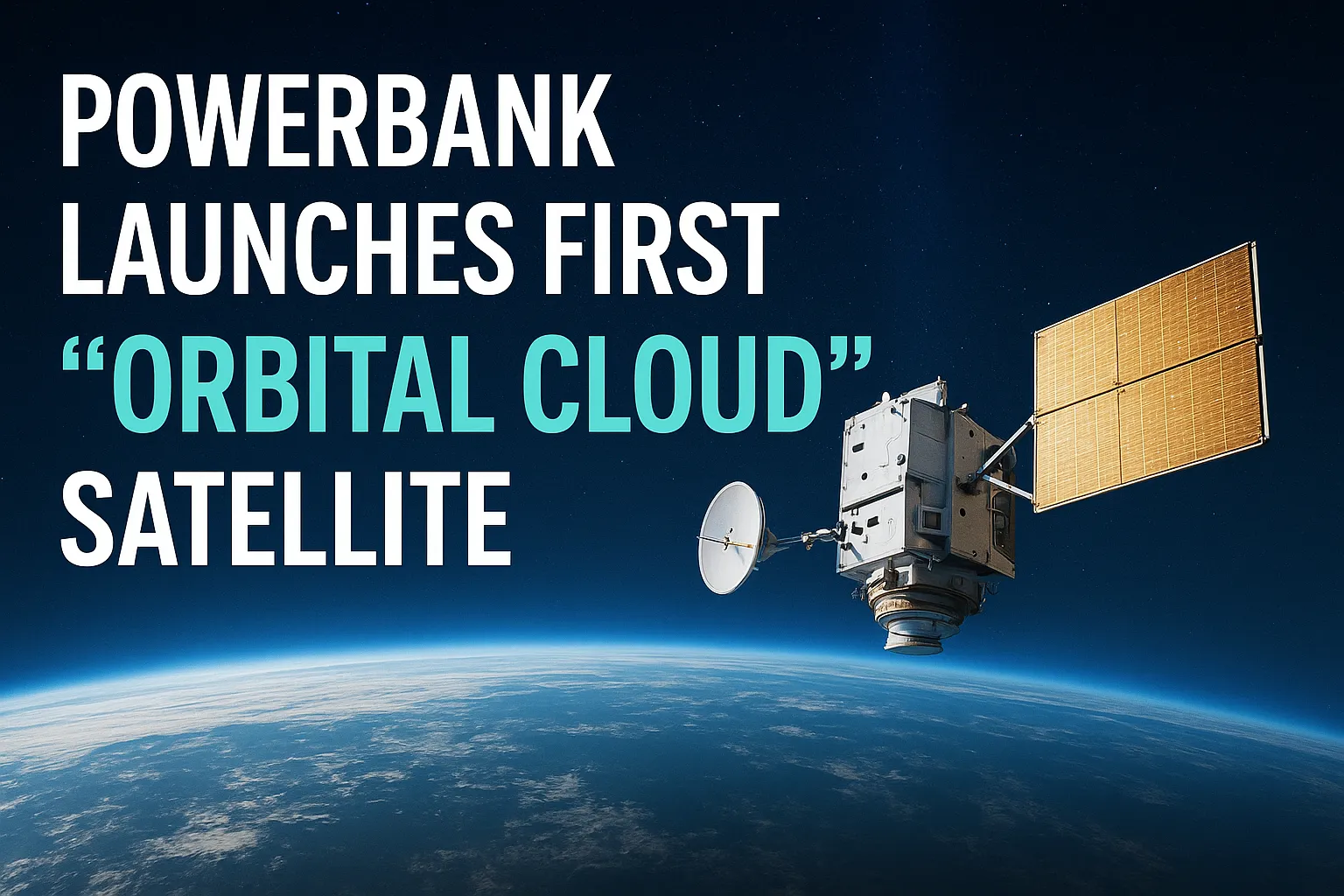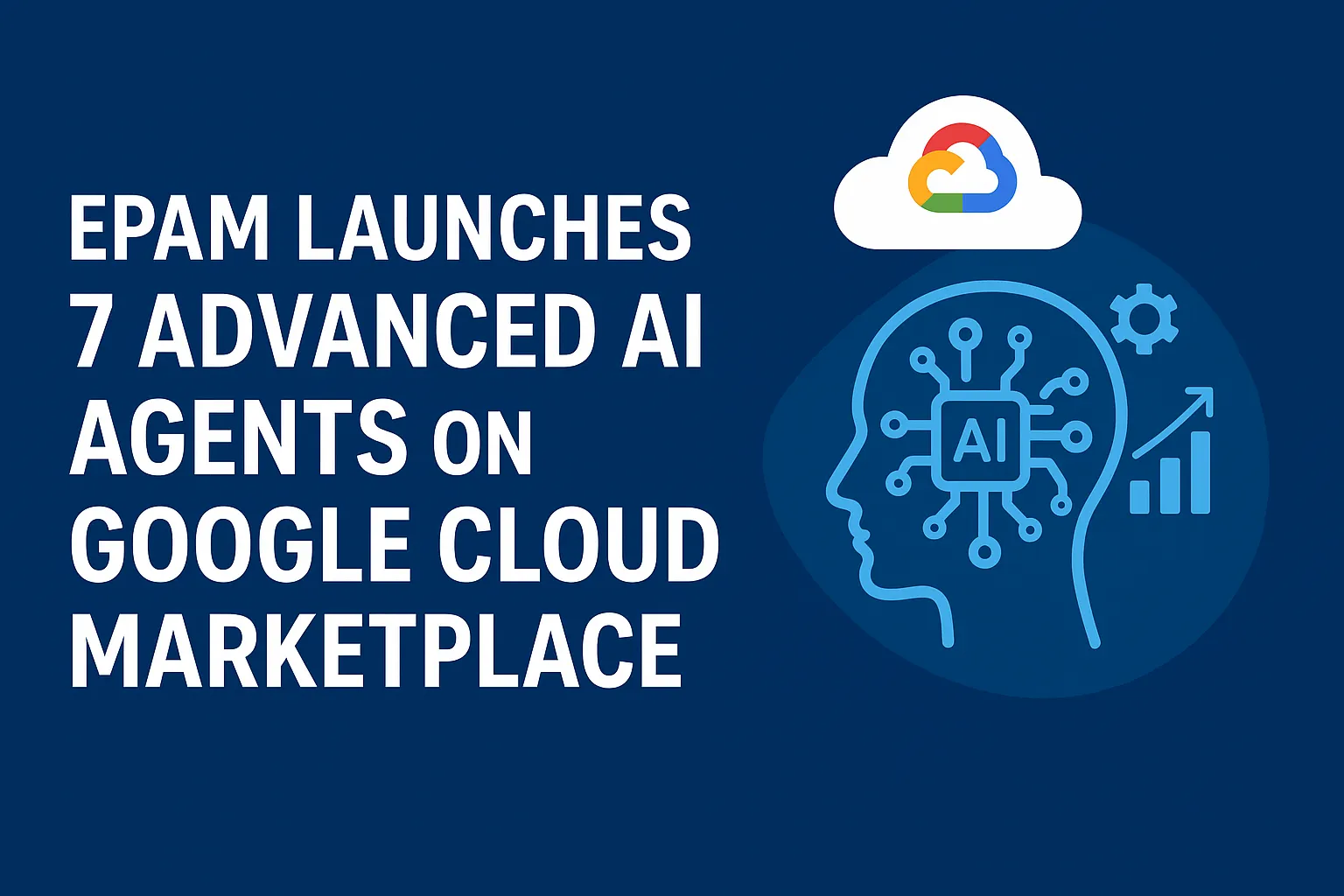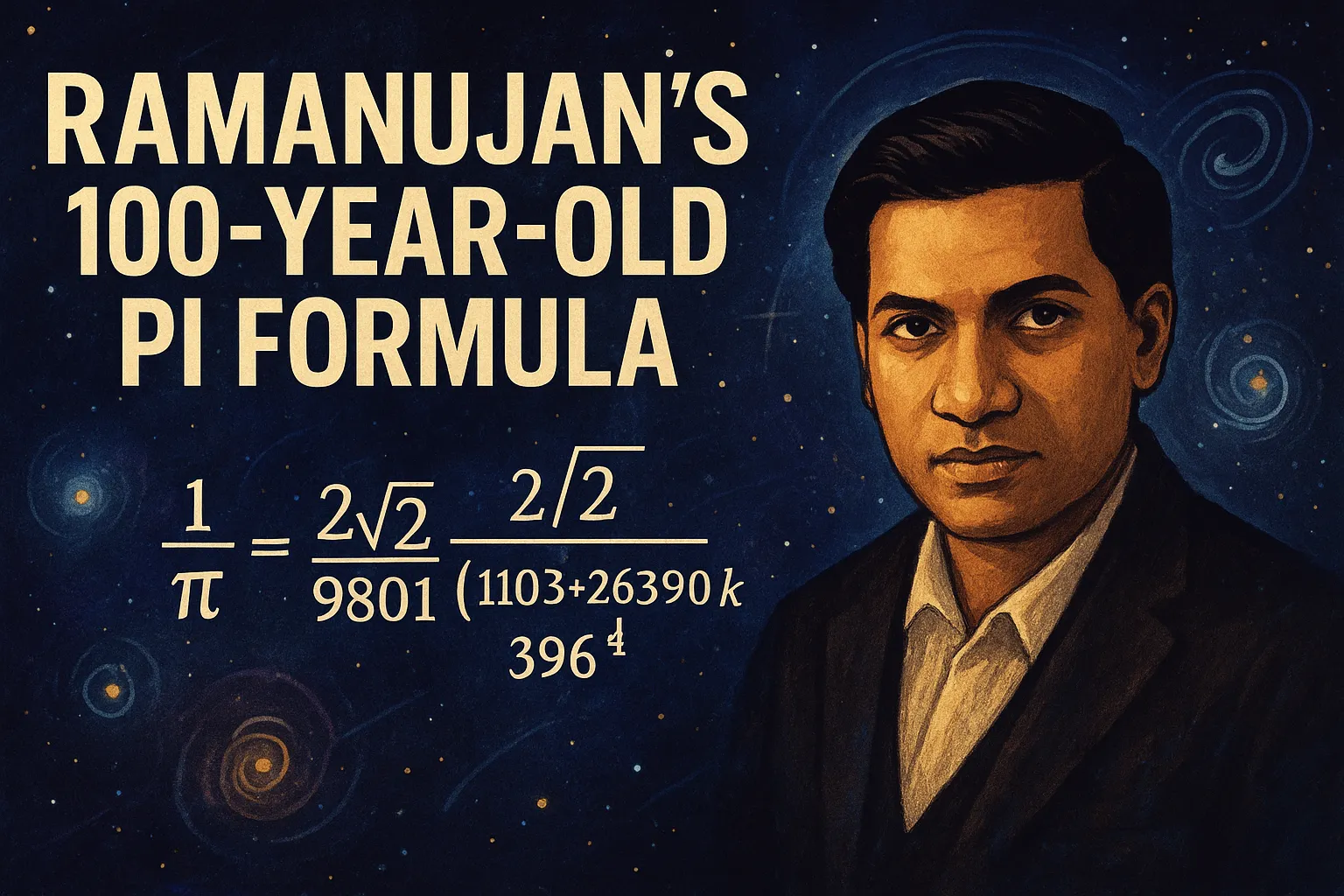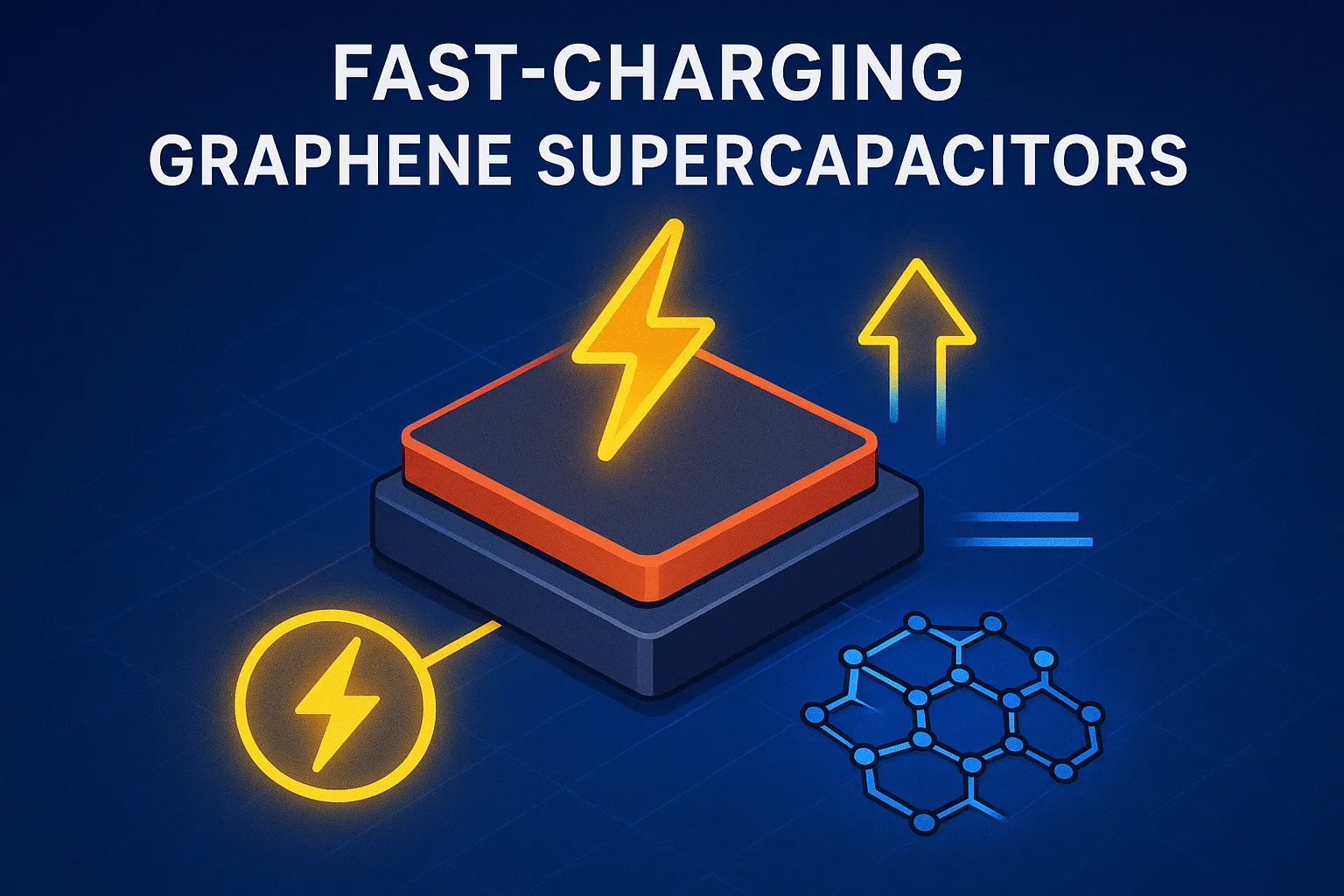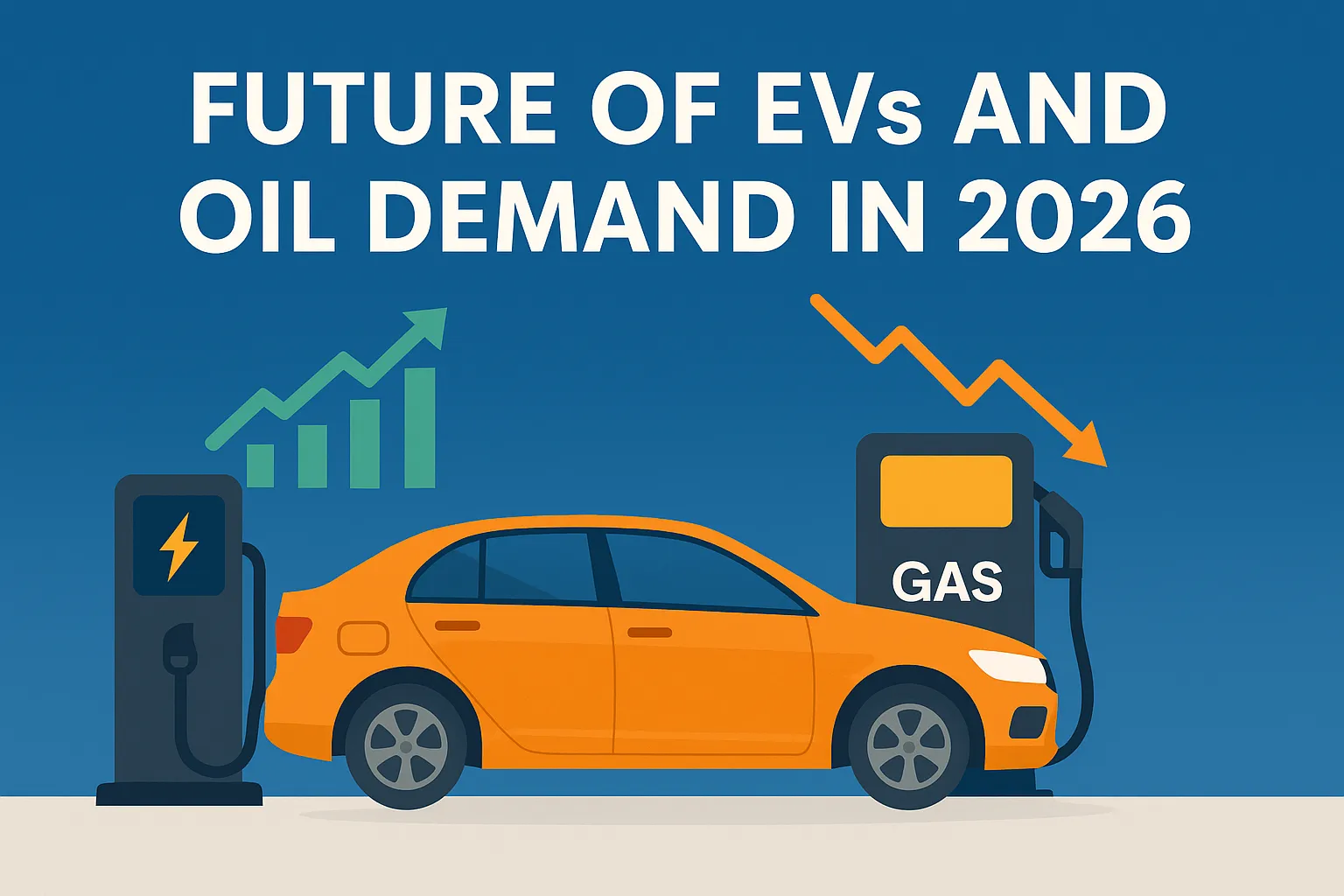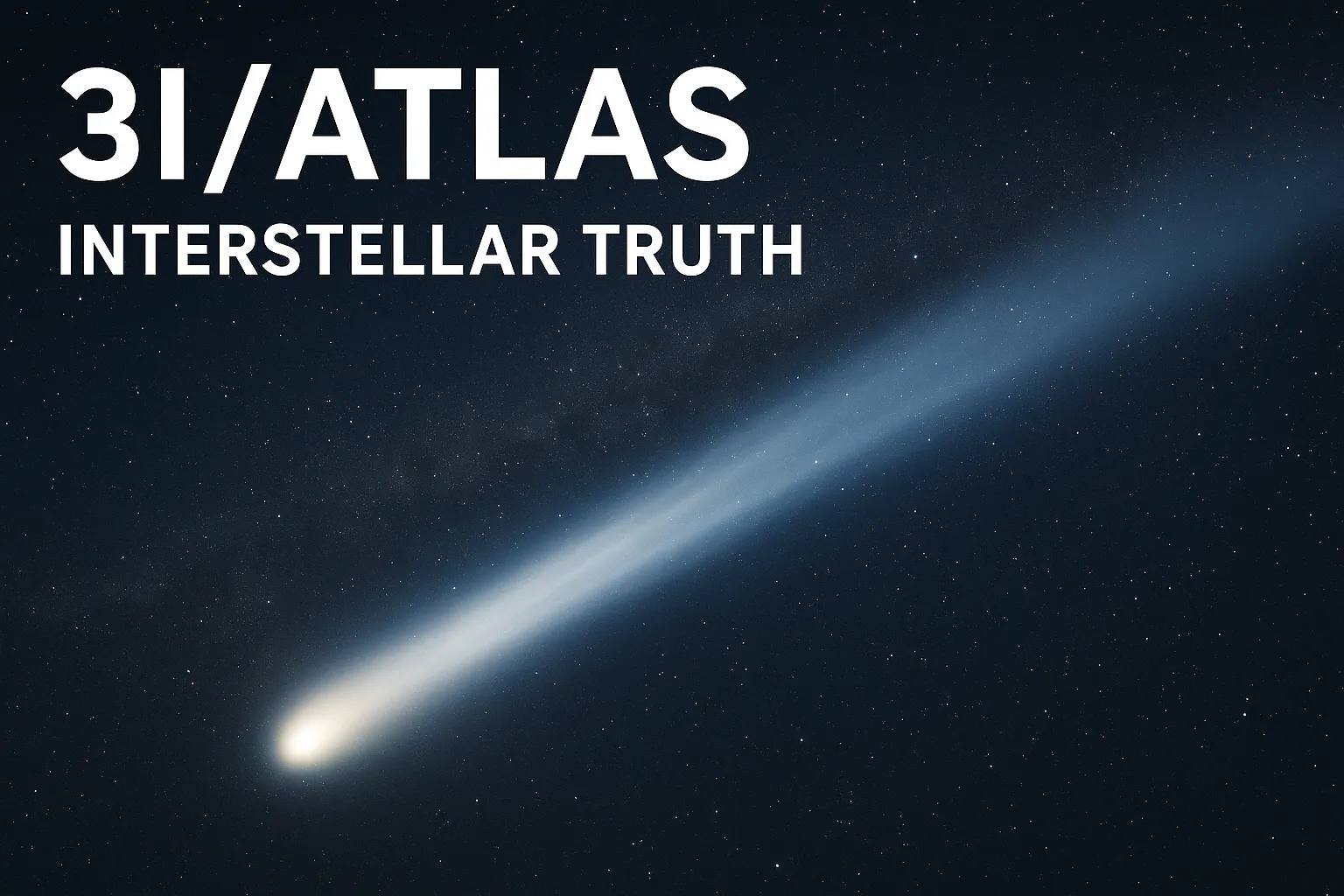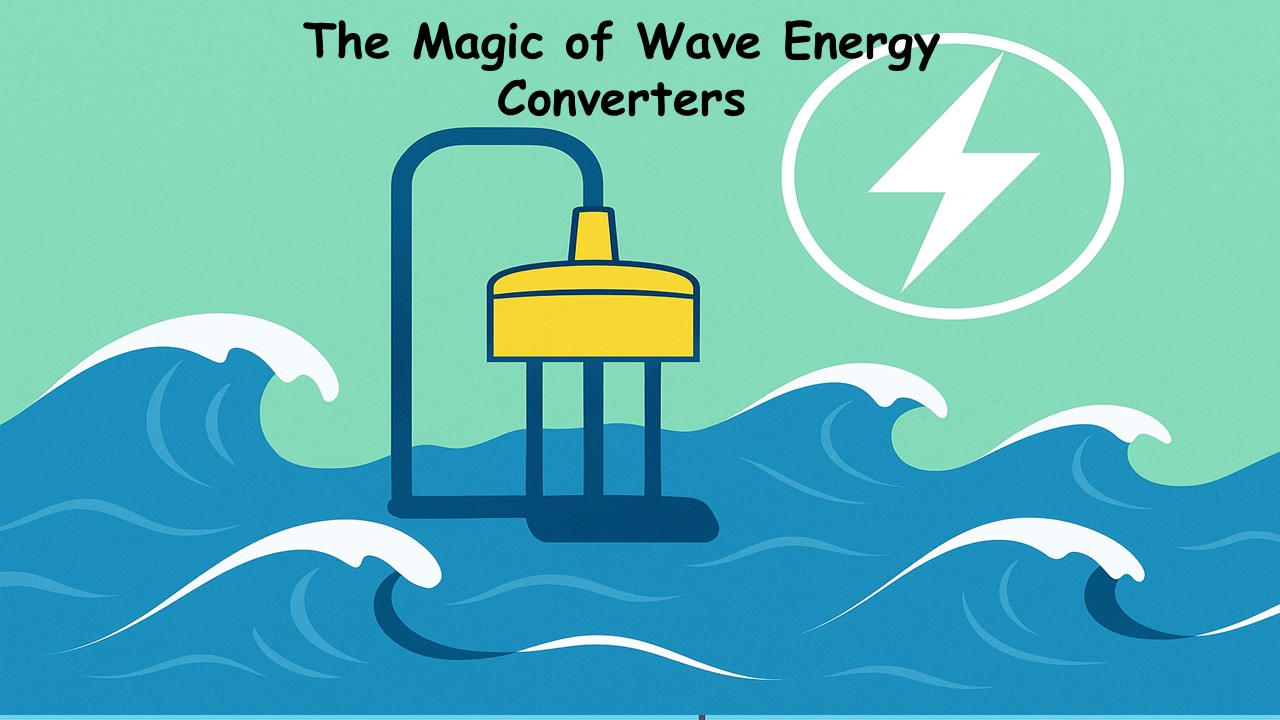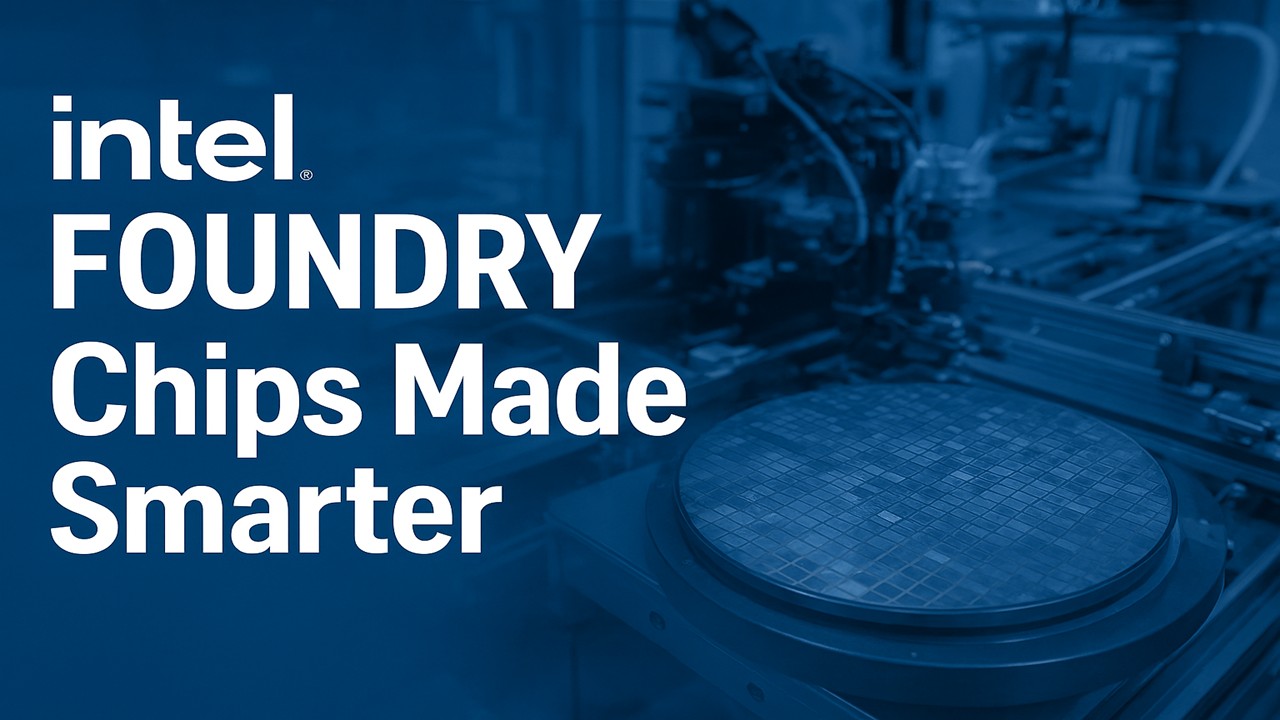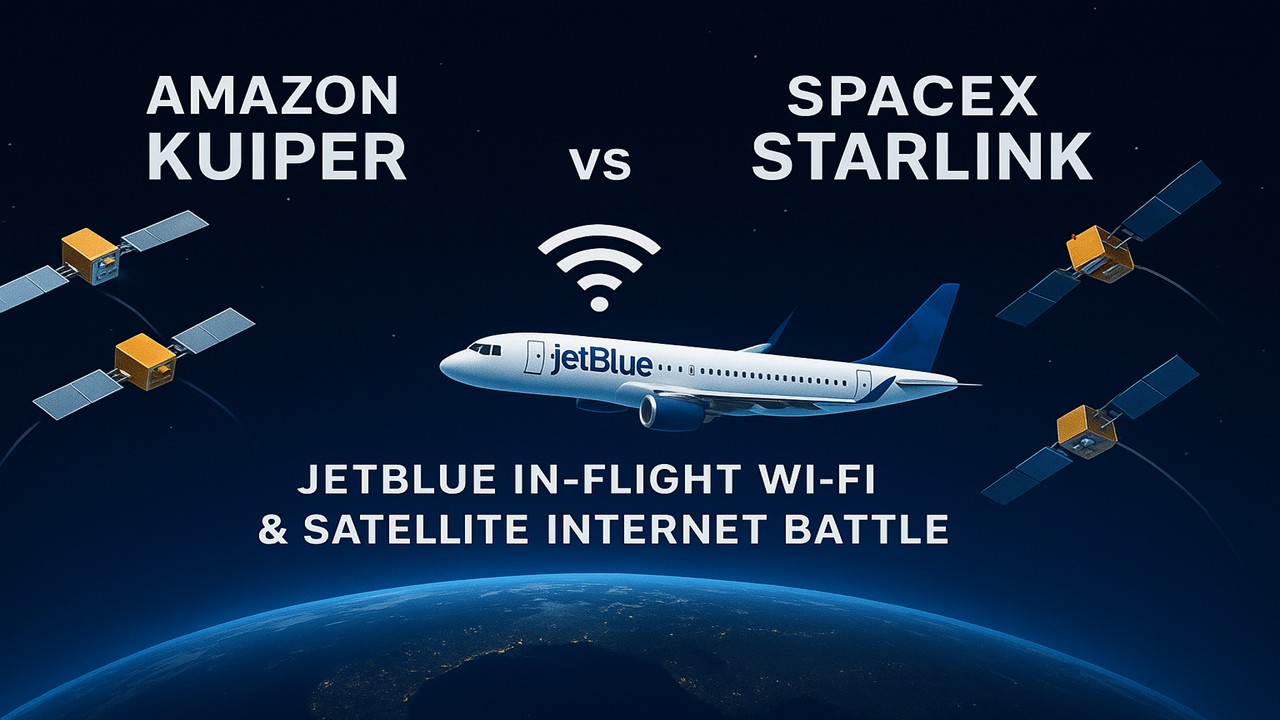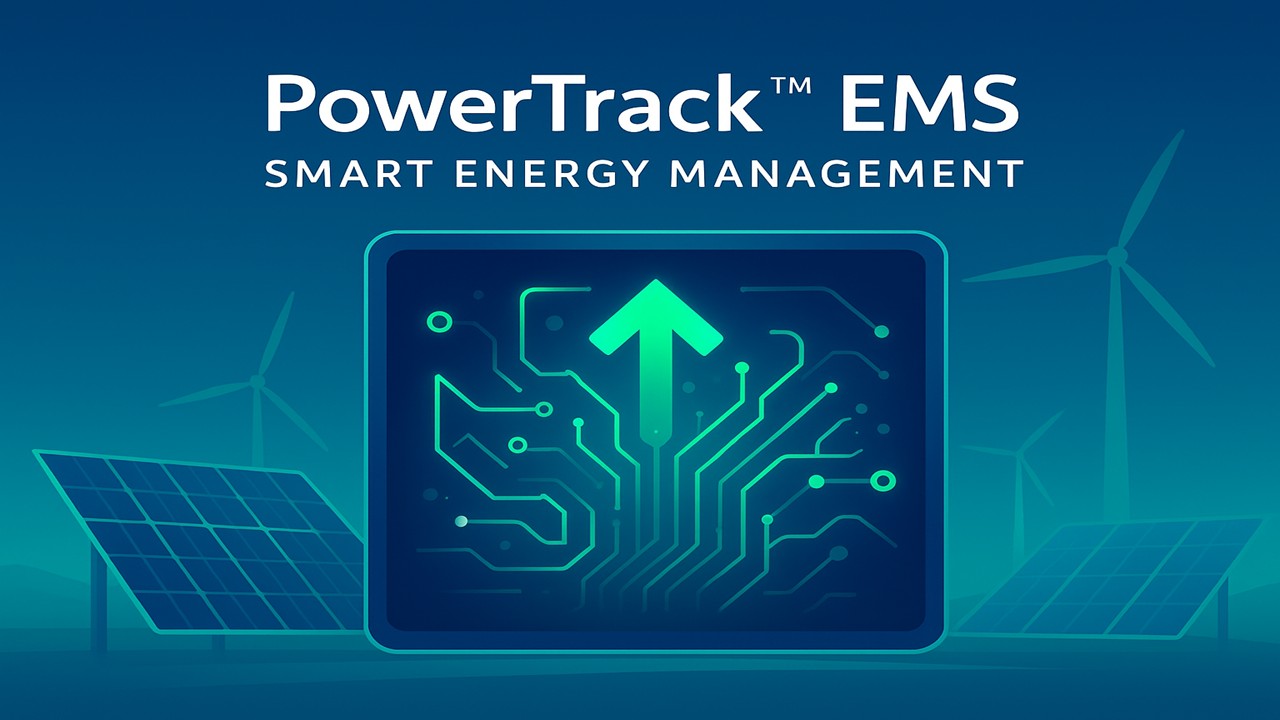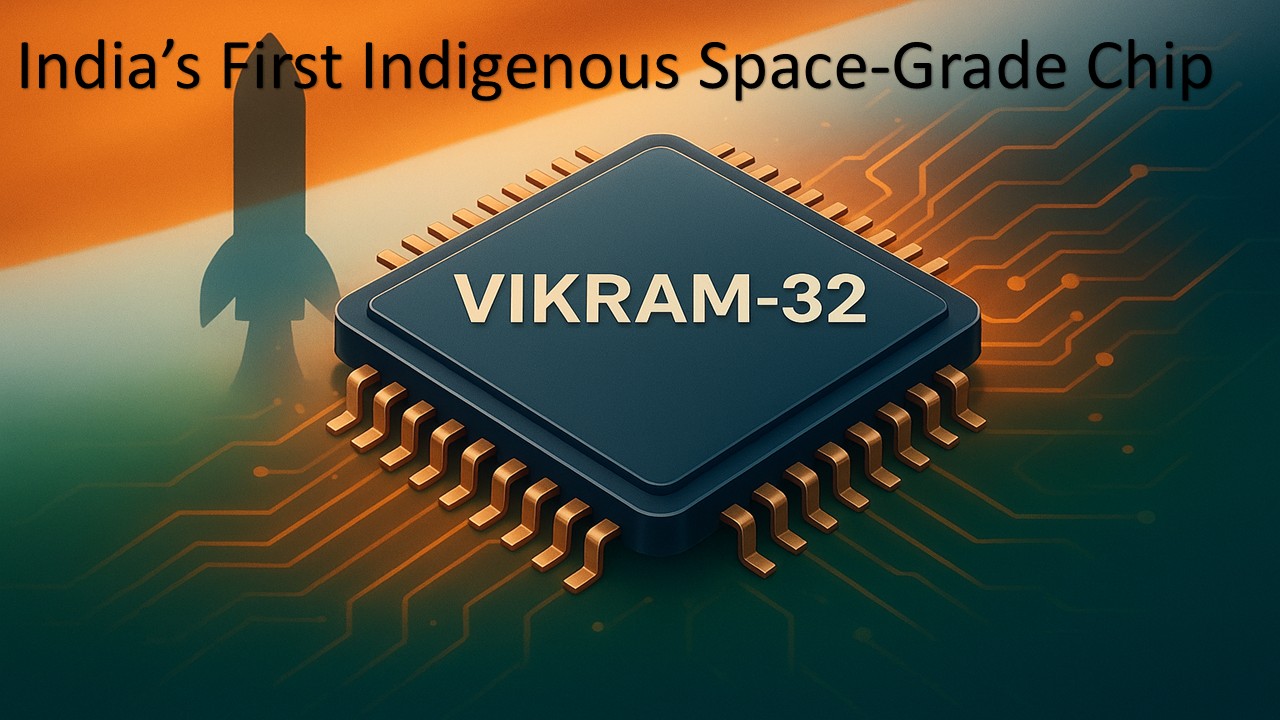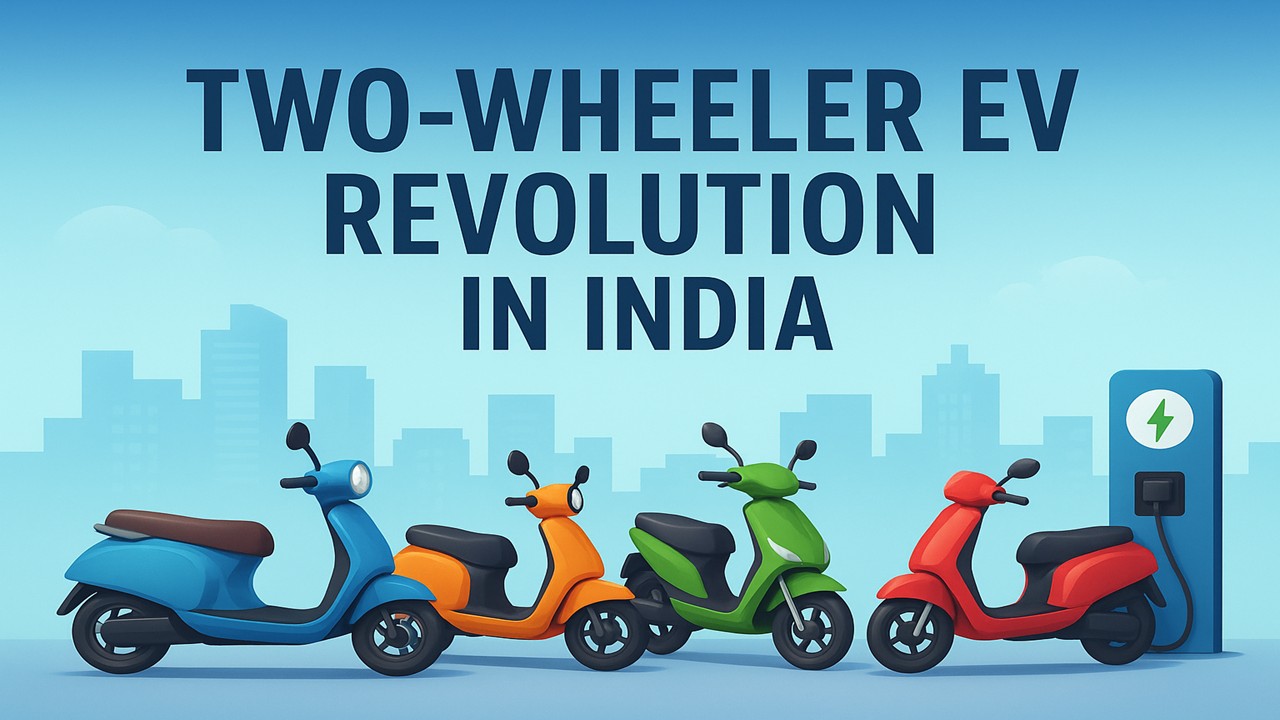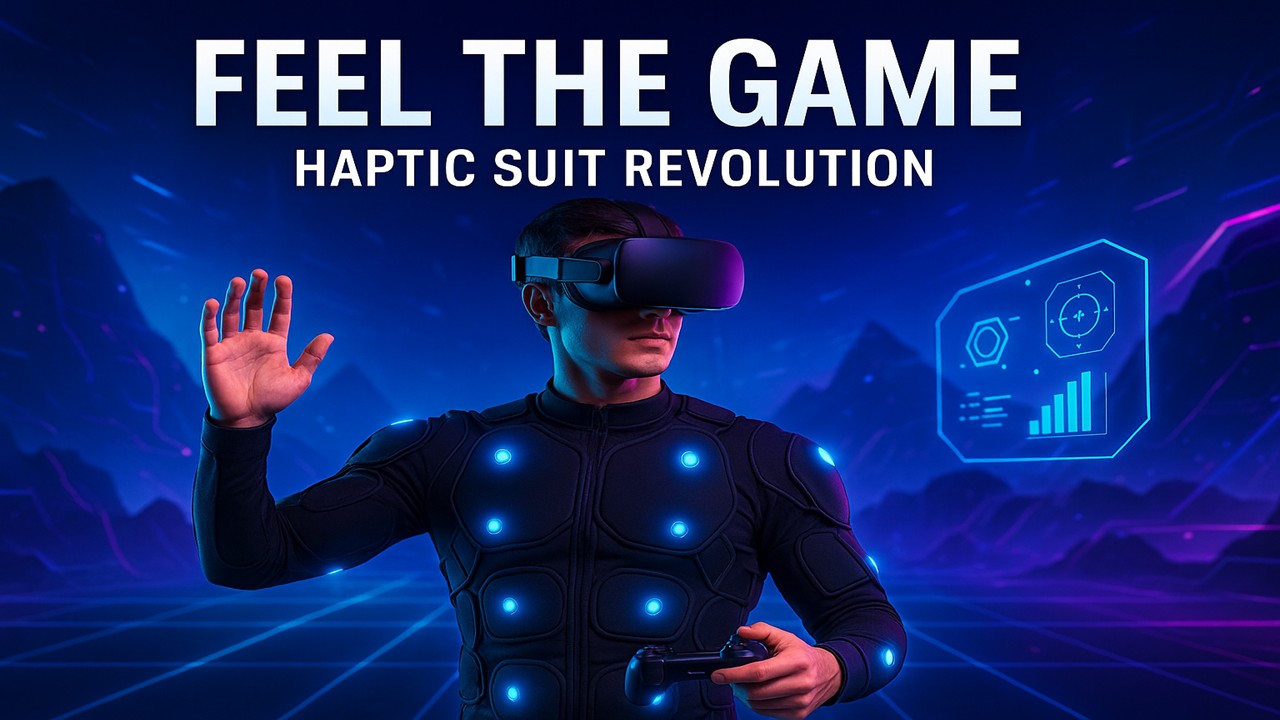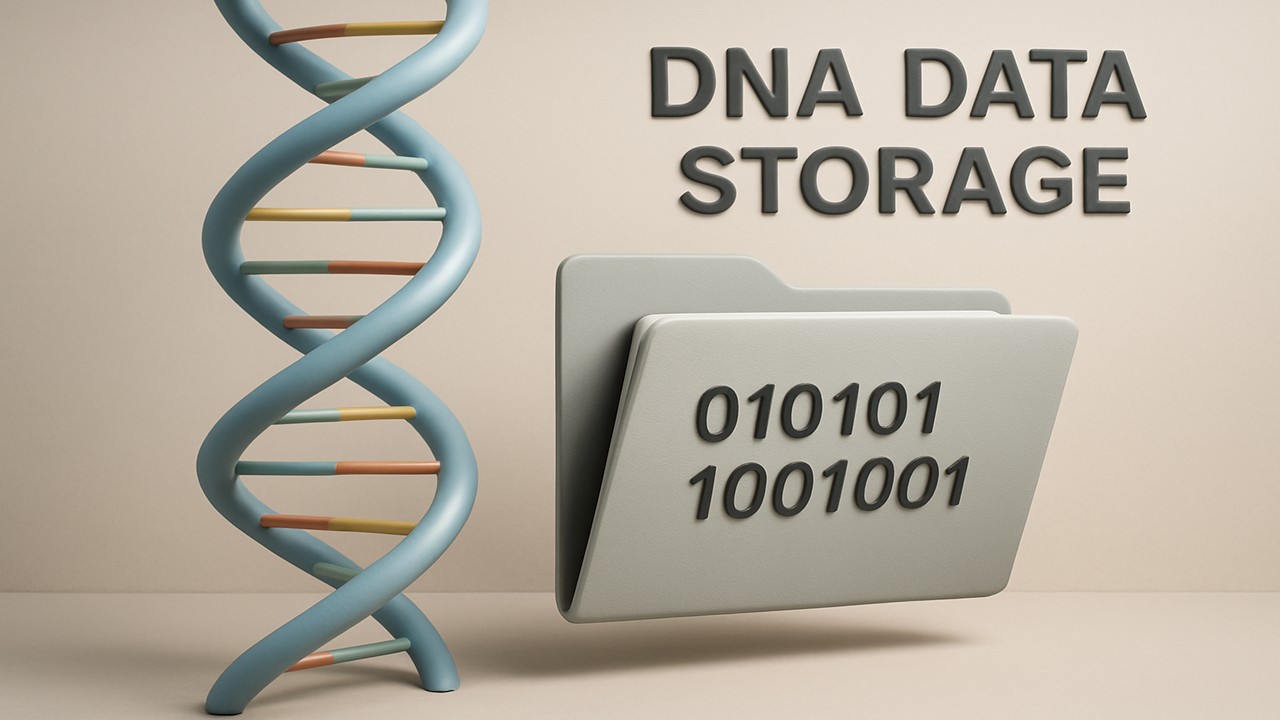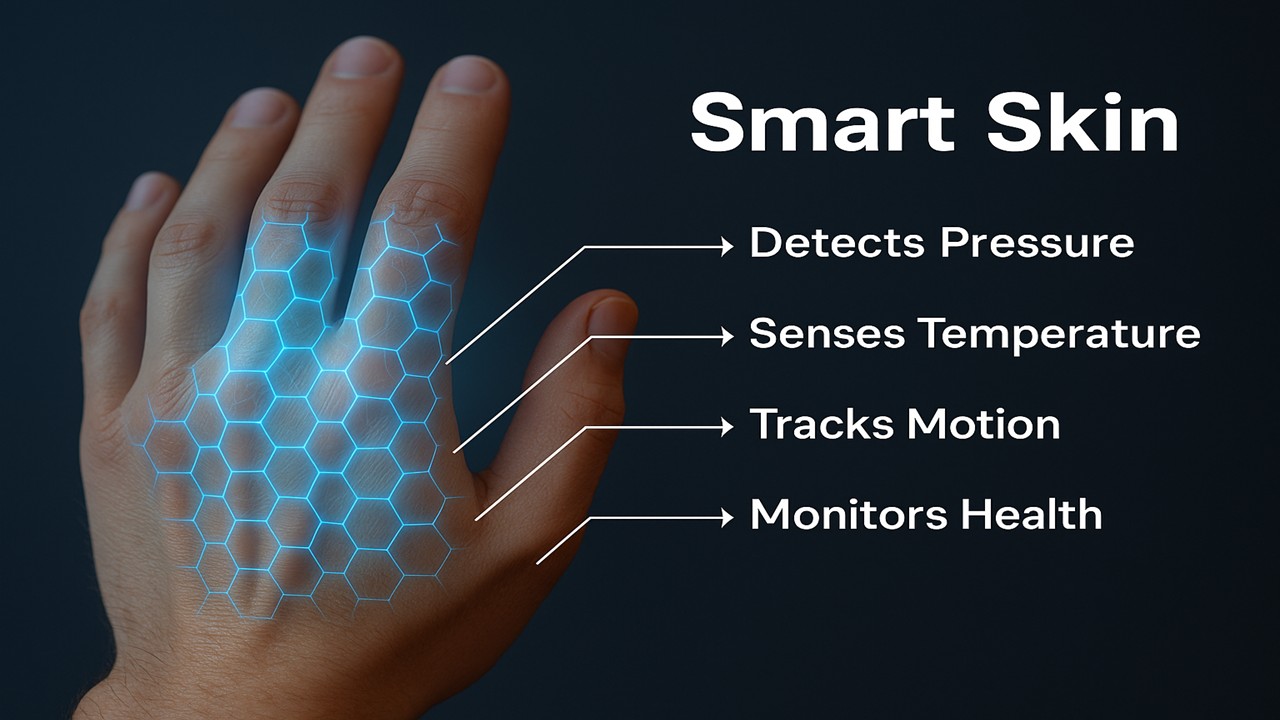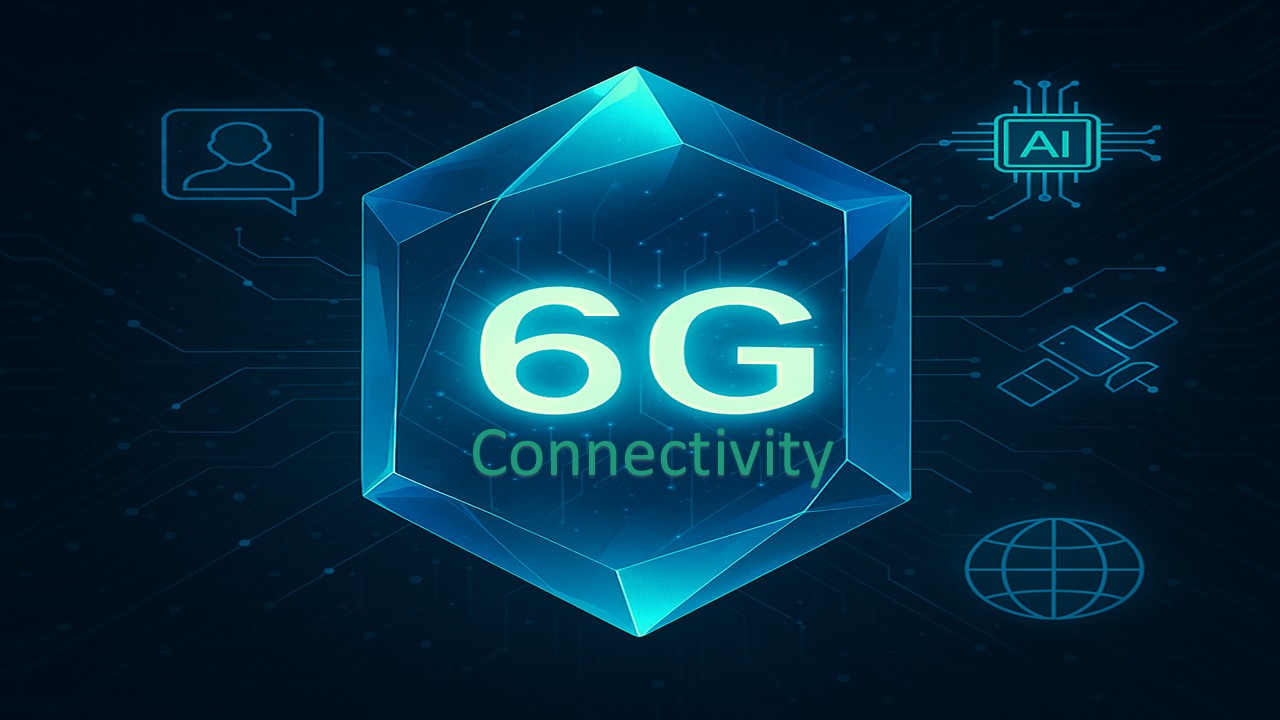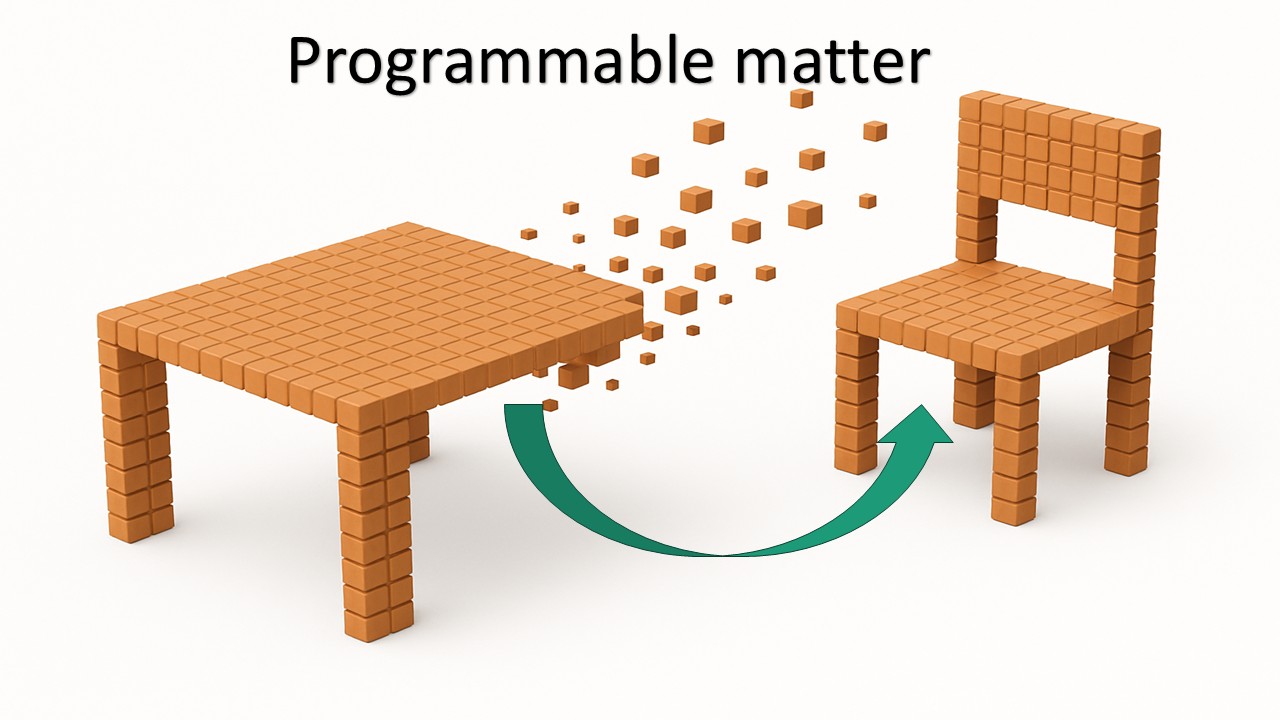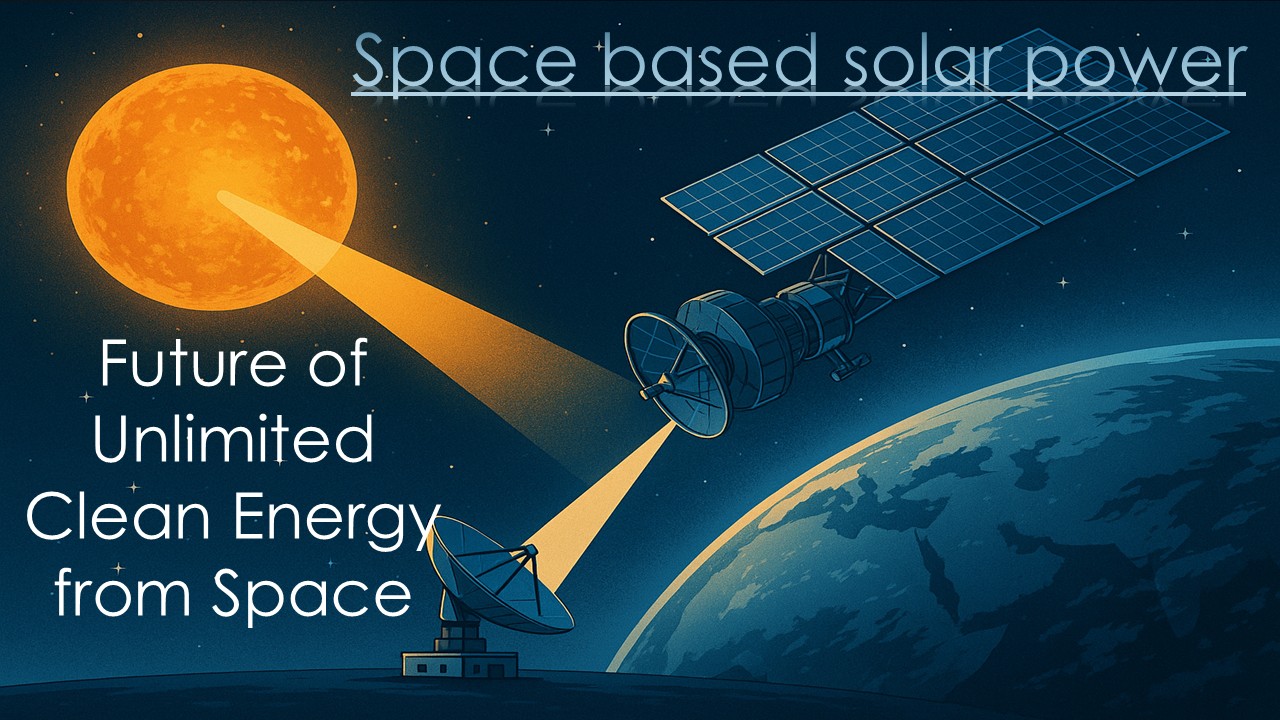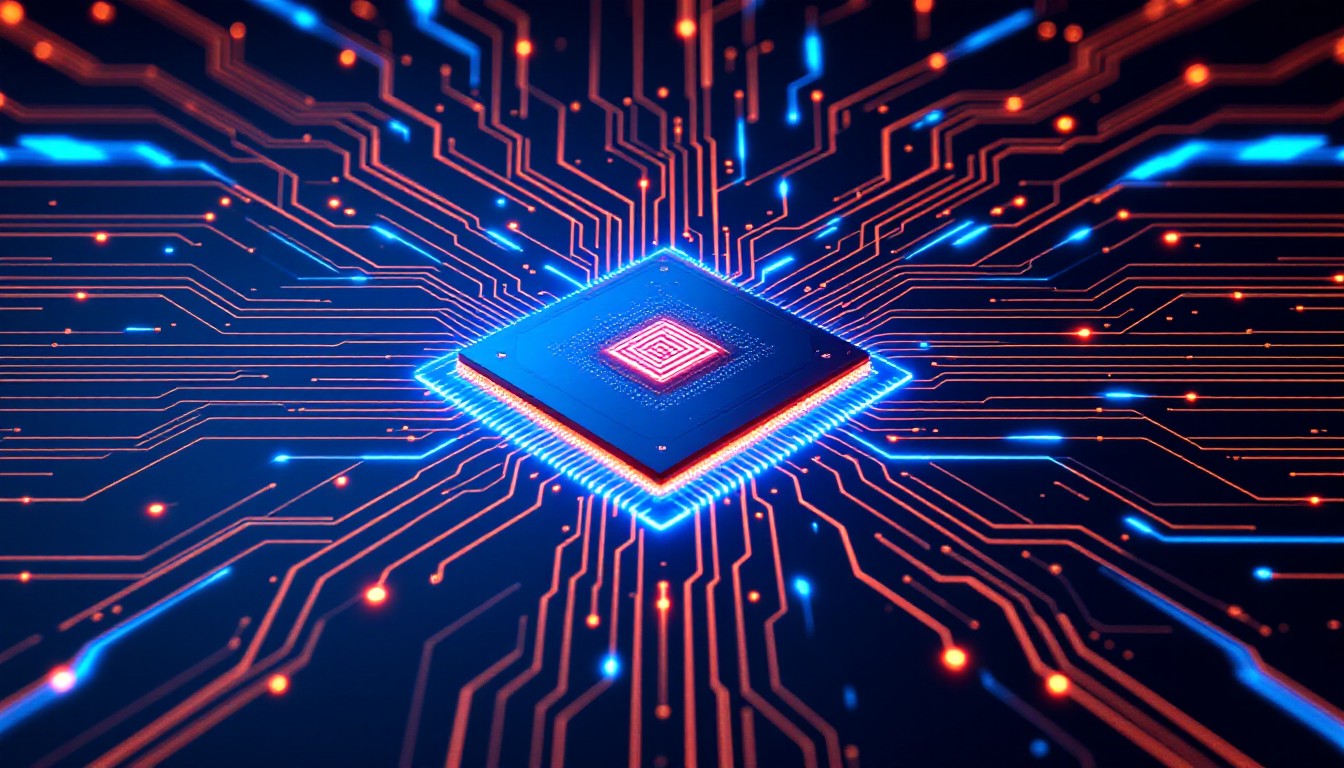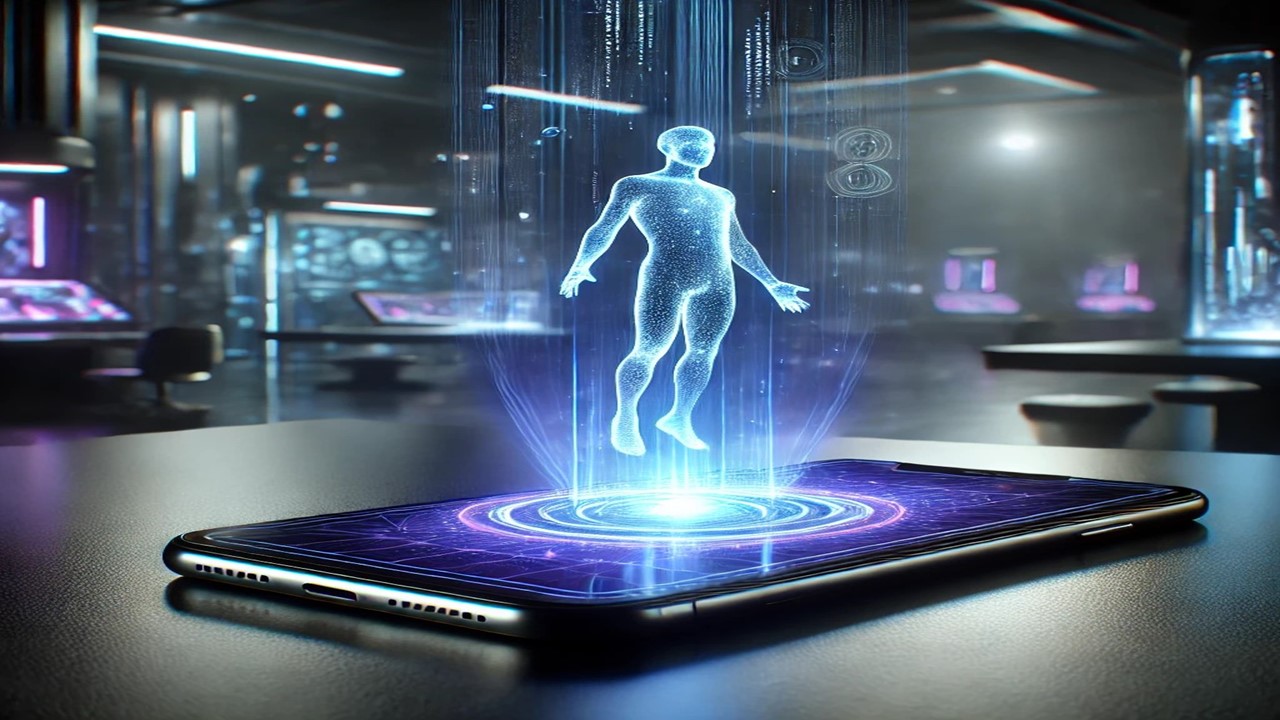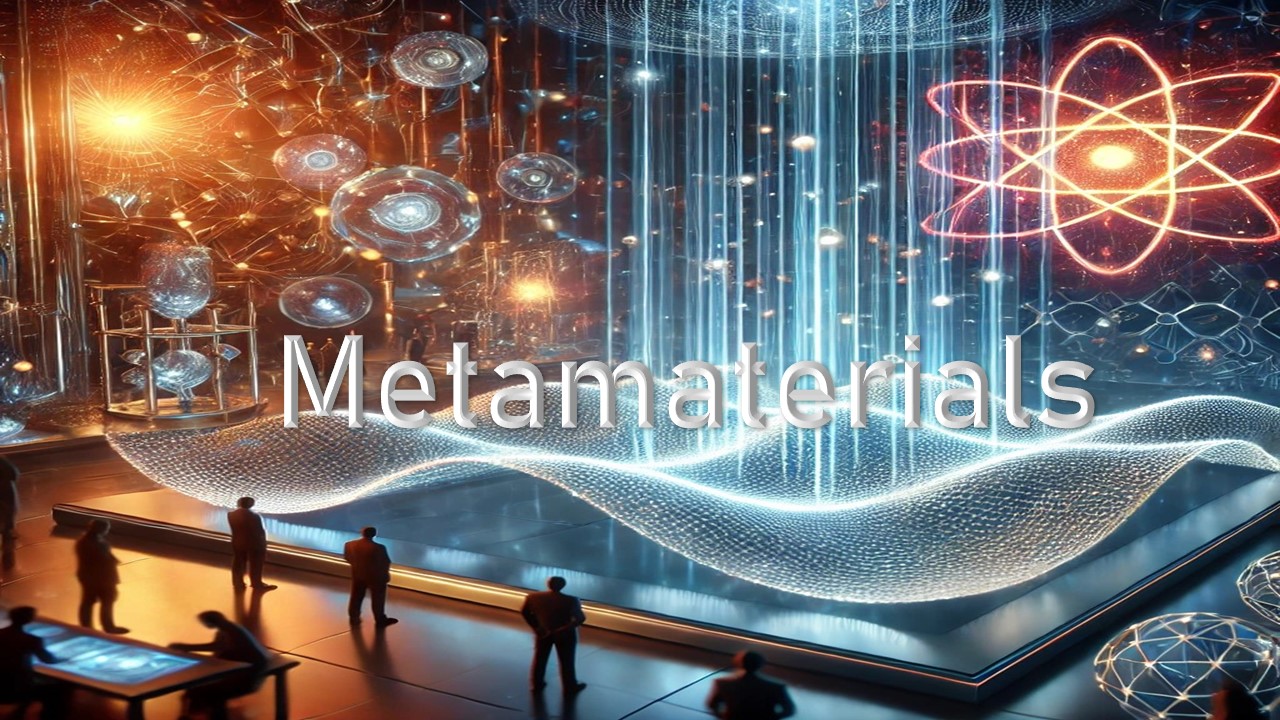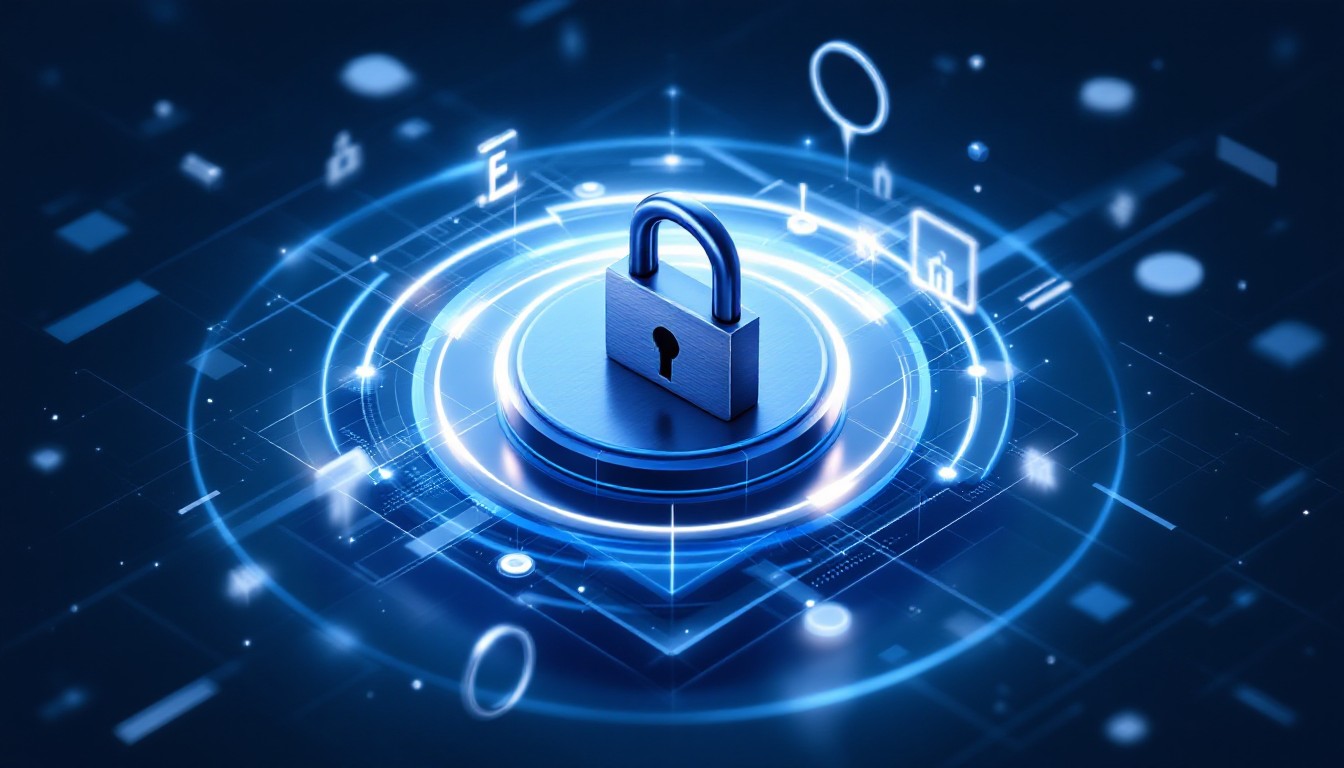
हिंदी में पढ़ने के लिए मेनू बार से हिंदी भाषा चयन करें।
When Privacy and Trust Walk Together
In today’s digital era, data is power. But with great data comes great vulnerability — data leaks, identity theft, and privacy breaches have become everyday risks. Every time you sign in, fill out a form, or make an online payment, you’re forced to share personal information. But what if you could prove your identity or credentials without ever revealing them?
Enter Zero-Knowledge Proofs (ZKP) — an emerging cryptographic technology that lets you prove something is true without revealing why or how. Imagine being able to prove you are over 18 without showing your birthdate, or verify your bank balance without exposing your account. That’s the power of ZKP.
This article dives deep into what ZKPs are, how they work, who’s developing them, and how they might revolutionize everything from banking and voting to health and identity systems.
What is ZKP (Zero-Knowledge Proof)?
Zero-Knowledge Proof is a cryptographic technique that allows one party (called the Prover) to prove to another party (the Verifier) that a certain statement is true without revealing any other information apart from the fact that the statement is indeed true.
📌 A Simple Real-Life Analogy:
Imagine you want to prove to someone that you know the password to a vault, but you don’t want to tell them the password. ZKP allows you to do that by performing a mathematical “challenge-response” task — if you pass it, the verifier is convinced you know the password, without actually seeing it.
ZKP is all about proving knowledge without disclosure — a game-changing concept for privacy and security.
How Does ZKP Work?
In technical terms, a ZKP protocol involves three core elements:
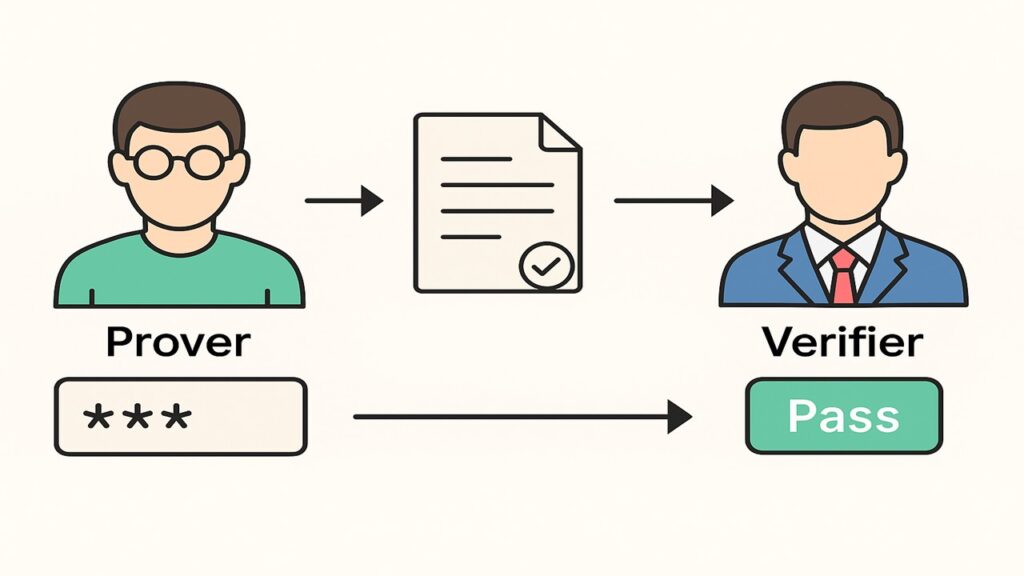
Prover
The Prover generates a cryptographic proof using secret information (e.g., a password, key, or ID).
Verifier
The Verifier checks that this proof is valid.
Protocol
At no point does the verifier see or receive the actual information — only the proof.
This proof is usually created using complex mathematical algorithms, and in many cases, the process is non-interactive, meaning no back-and-forth communication is needed.
Who is Developing ZKP Technology?
ZKP is no longer just theoretical. It’s already being used and developed by leading institutions, blockchain networks, and research labs across the world.
Global Contributors:
- United States: MIT, Stanford, UC Berkeley, Zcash Foundation, ConsenSys
- Israel: StarkWare (ZK-STARKs), zkSync
- Germany: Iden3, Polygon zkEVM
- India: Several blockchain startups and academic research centers like IITs
Tech Giants:
- Meta (Facebook) – using ZKP for privacy-preserving authentication
- IBM – integrating ZKP into enterprise-grade cybersecurity solutions
- Ethereum Foundation – implementing ZK-rollups for transaction scalability and privacy
Which Technology Category Does ZKP Belong To?
ZKP is a part of the larger umbrella of cryptography, specifically zero-knowledge cryptographic protocols. It’s tightly integrated with:
- Blockchain & Web3
- Decentralized Identity (DID)
- Cybersecurity & Privacy Technologies
ZKP Variants:
- ZK-SNARKs (Succinct Non-Interactive Argument of Knowledge): Lightweight and fast.
- ZK-STARKs (Scalable Transparent ARguments of Knowledge): More scalable and secure but heavier to compute.
How ZKP Will Impact the Future
ZKP is not just a privacy tool — it’s a privacy revolution. Here’s how it can impact the future:
🔐 1. Digital Identity Without Exposure
You could prove you are a citizen, adult, or account holder without revealing any personal details like name, birthdate, or account number.
💳 2. Private Financial Transactions
Blockchain-based payments could be fully anonymous but still verified. Cryptocurrencies like Zcash and Mina Protocol already use ZKP for private payments.
🏦 3. KYC Without Document Sharing
Banks and fintech apps can verify your identity using a ZKP proof — without ever collecting your documents.
🏥 4. Healthcare Data Privacy
Hospitals could verify your eligibility or prescriptions without accessing your entire medical history.
🗳️ 5. Tamper-Proof Voting
Voters can prove their eligibility and vote electronically — without revealing identity. This could fight fraud and ensure secure e-voting systems.
📅 When Will ZKP Become Common?
ZKP is already in use in advanced blockchain platforms. However, mass adoption across industries like banking, government, healthcare, and legal systems is expected by 2026–2030.
Governments are testing ZKP for digital identity programs, and tech companies are building APIs to integrate it into websites, apps, and payment systems.
India is also exploring ZKP applications in digital public infrastructure, especially in data privacy and Aadhaar-based systems.
The Digital World Will Be Private AND Transparent
The internet has made life easier — but it’s made privacy more difficult. From online shopping to social networking, we give away pieces of our identity every day. But with Zero-Knowledge Proofs, the rules of privacy are being rewritten.
ZKP enables us to verify without exposure, to trust without risk, and to authenticate without revealing. It’s a silent but powerful technology that will soon be embedded in everything — from how we vote to how we log in.
“In a world where every click generates data, Zero-Knowledge Proofs offer a new mindset — one that says, ‘Believe me, but don’t ask for proof.’ ZKPs give us a future where privacy is preserved, and trust is not compromised. For a digital-first nation like India and others around the world, this isn’t just a technical upgrade — it’s a societal shift. So if you’re looking toward the future of security, finance, governance, and digital freedom — keep your eyes on Zero-Knowledge Proofs, because they’re not just a technology… they’re a quiet revolution.”
